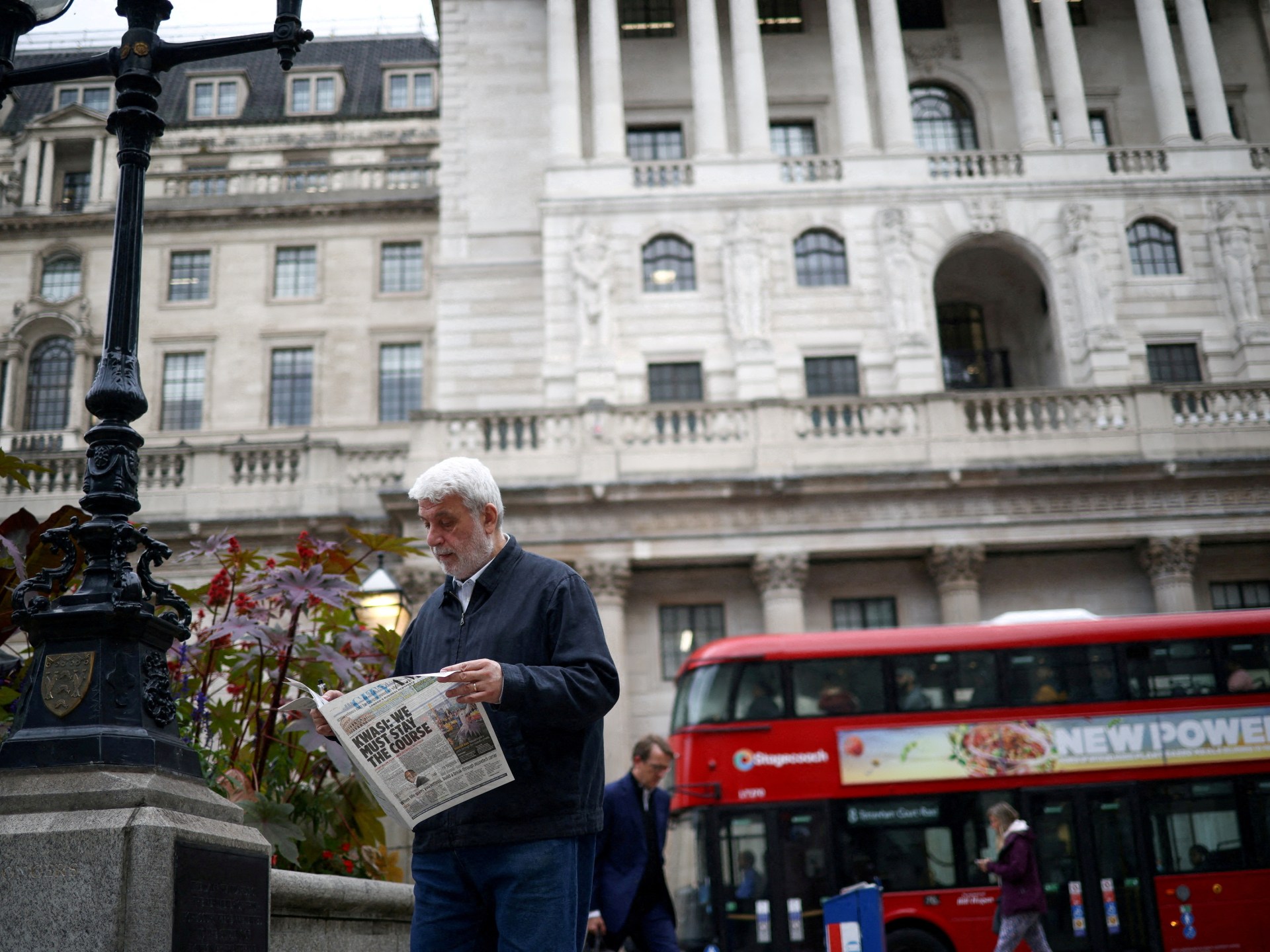Britain’s cost of living crisis is spiralling out of control. The rise in food and energy bills is swiftly outstripping the disposable income of thousands of families, forcing them to make impossible choices between heating their homes, buying groceries, or putting aside money for their work commute.
According to the National Institute of Economic and Social Research (NIESR), more than 250,000 households across the country will fall into “destitution” as early as next year – taking the number of those living in extreme poverty to a whopping 1.2 million – if the government does not take immediate action to help struggling families.
It did not have to be this way. Think-tanks, activists, opposition politicians, and frankly everyone with any understanding of the myriad struggles facing Britain’s working-class communities have long been urging the Tory government to reverse its post-Brexit welfare cuts, increase universal credit, and make small, one-off cash payments to those in most need to stop poverty levels skyrocketing in one of the world’s leading economies.
Regrettably, the government chose to do the exact opposite. In October 2021, as the nation was still struggling with the COVID-19 pandemic and its economic consequences, for example, it slashed universal credit payments by 20 British pounds ($25) a week, leaving countless vulnerable Britons unable to pay their bills and put food on their table.
And this April, as skyrocketing energy prices added more urgency to an already devastating crisis, Chancellor Rishi Sunak said it would be “silly” for the government to provide more help to struggling families now. Despite households across the country facing an average £700 ($879) increase in their gas and electricity bills immediately after April, with another 50 percent spike expected in October, Sunak – whose family is worth more than £700 million ($879 million) – said he won’t act before “knowing what the situation will be in autumn”.
These days, when criticised for not doing enough quickly enough to address the cost of living crisis, Sunak points to the so-called £200 ($251) energy bill “discount” he arranged for British households to receive on their bill in...










 English (US) ·
English (US) ·